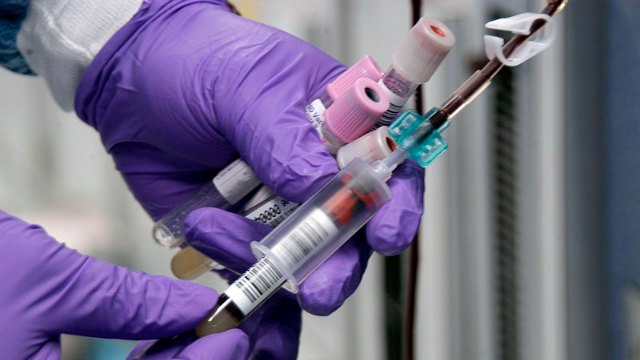
This week (February 14), the US Food and Drug Administration (FDA) approved the first blood-based screening test for concussions. The diagnostic, which measures the abundance of the proteins UCH-L1 and GFAP, can help identify which patients should be sent for a CT scan to confirm any brain damage.
“This is going to change the testing paradigm for suspected cases of concussion,” Tara Rabin, a spokesperson for the FDA, tells The New York Times.
In the approval announcement, the FDA stated that the test accurately predicted the presence of “intracranial lesions” 97 percent of the time, and appropriately indicated that there were none 99 percent of the time. In doing so, the screen could avoid CT scans for one-third of people who have a possible mild traumatic brain injury.
“It doesn’t replace CT in all cases,” Jay Alberts, director of the Cleveland Clinic Concussion Center, tells NBC News. “The reason you do those scans is to rule out a clinically important brain injury, which would need surgery. . . . But in 99 percent of concussions you do not need a CT scan because they’re not clinically important, meaning there’s not an immediate need for surgery.”
The FDA says the test could be used for the general population, and will be especially helpful to the military.











RSS